February 15, 2022
Self Care: Caring for the Caregiver
It is no secret that the past two years have put all of us under incredible strain. For caregivers, this strain has been especially challenging. In the best of times, caring for individuals with disabilities has its complexities. Navigating doctor’s and specialist appointments, physical therapy, applying for funding and supports, providing physical and emotional care, educating yourself, advocacy work, not to mention often juggling a job and other responsibilities. It is no wonder that many neglect self care. With all that is on their shoulders, caregivers rely on their support networks to maintain their delicate balancing act. But, what do you do when stay-at-home orders or quarantine periods mean that your support network shrinks—or disappears?
Why Self-Care is Important
When our focus is only on making sure that the person in our care’s needs are met, we often neglect our own. The Family Caregiver Alliance note that “caregivers report problems attending to their own health and well-being while managing caregiving responsibilities.” The stress and challenges involved often leave caregivers dealing with issues such as:
- Poor sleep
- Forgetting or postponing medical appointments for themselves
- A lack of exercise
- Poor nutrition
- An inability to rest when sick

All of this and more puts caregivers at a high risk of developing mental health issues including: depression, anxiety, and a higher use of alcohol, tobacco, or other substances.
Caring for ourselves can bring up all sorts of emotions from feeling guilty for indulging or feeling ashamed for “letting ourselves go”. It is common to feel selfish for putting your needs as a priority. Ironically, it is the best thing we can do. By caring for ourselves, we put ourselves in a better space to care for our loved ones. It is important to challenge those barriers or beliefs that prevent us from caring for ourselves. As the FCA states “Ask yourself what might be getting in your way and keeping you from taking care of yourself.”
What Caregivers Can Do

Over the past two years, a lack of support and social isolation has put caregivers at risk of burnout and mental health issues. Round-the-clock caregiving means that there is often little-to-no-time to take care of yourself, especially when you are isolating. At AdaptAbilities, we know how important caregivers are and how important mental health is. Since normal self-care strategies such as going to the spa or investing in a vacation may not be possible right now, we took the time to find some of the best at-home self-care strategies that can help caregivers during this time.
Incorporate mindful breathing
Harvard Health encourages caregivers to incorporate breath awareness into their daily routine. Find a quiet space where you can focus your attention on quietly inhaling and exhaling. It does not need to be long. Even 5-10 minutes a day can work wonders. Need some guided assistance? There are wonderful guided breathing videos on YouTube, like this one.
Spend time connecting with your body
Harvard Health discusses the benefits that practices like Yoga can have for caregivers. Taking the time to move your body and connect with it does wonders for mental health. There are many options available: from solo practice, to YouTube videos, online group classes, and some companies such as The Mobile Yoga Studio, specialize in doing in-home Yoga classes for times when you need that human connection.
Be kind to yourself
When it feels like it all rests on your shoulders, it is easy to feel guilty when you are not able to accomplish all that you set out to do or when you feel you are letting others down. Remember that you are human and extend the same compassion you would to others to yourself. As Harvard Health puts it “practicing self-care allows the caregiver to remain more balanced, focused, and effective, which helps everyone involved.”
Make meals and rest a priority
Eating nourishing foods and getting a good night’s sleep make a difference, especially in winter. Studies show that poor nutrition and a lack of sleep play a big role in mental and physical health. While not everyone has the time to meal plan or cook, taking advantage of services such as grocery deliveries, meal prep services such as Simply Supper or doing batch cooking can make this more feasible.
Make connections—online
One side benefit of the past few years has been the boom in online programming and support groups. There are many ways to stay connected and find community, while still keeping you safe. For caregivers needing more mental health support, many therapists offer online counselling sessions, so you can care for yourself wherever you find yourself.
Hire some extra help
Having someone else handle the chores or tasks that you don’t have time or capacity for can be a great benefit to your mental well-being. Whether is it cleaning the eavestroughs, organizing the basement, or delivering your groceries, having that breathing space can be worth the additional expense. Housecleaning services life Maid Pro can handle the deep cleaning that caregivers may not have time for. While it may not be feasible to do this on a regular basis, even as a treat occasionally there is benefit to having someone else handle the hard work.
Look at ways to reduce stress
Learning to identify where stress can come from and strategies that you can incorporate to reduce it can help. This can be as simple as adopting time management apps or speaking to a licensed therapist.
Take time for yourself
AdaptAbilities was founded on the belief that respite care was good for both our participants and their families. While not all caregiving is back to where it was, finding respite care so you can have an afternoon or a few hours in the evening to yourself can make a difference.
Set healthy boundaries
It is okay to say no. We are all human and all have only 24 hours in a day. If turning someone down feels challenging, start small. There are many great resources online to help people learn to negotiate their boundaries.
Stay in touch with loved ones
This can be a lot harder now than before, but it is important not to let those personal connections dwindle away. Picking up a phone and spending a few minutes catching up can do wonders for your mental health. Maybe go old-fashioned and exchange letters or emails. Whether it is through a Zoom call or a Jackbox game night there are many ways to connect with loved ones virtually.

There are many challenges that come with caring for a loved one. The good news is there are ways that caregivers can manage the challenges that are thrown at them. Caring for yourself is an important part of being an effective caregiver. By taking the time you need, reassessing your boundaries and finding alternatives, you can make it through this challenging time.
